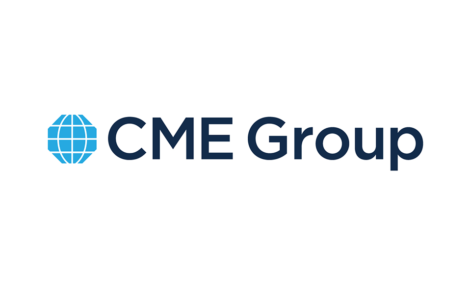



’Unprecedented’ is our industry norm
There has been a huge amount of noise recently about the ‘unprecedented’ trade dynamic that we find ourselves in, with a global pandemic and trade increasingly being used as a political tool.
‘Unprecedented’ is not incorrect, but a look at our history shows that this is also normal. For beef, former MLA chief economist Peter Weeks talks about four broad eras for exports.
The first, the ‘British era’, ended abruptly when the United Kingdom joined the European Common Market in 1973.
The next, the ‘US era’, started with the global beef crash and closure of all export markets, and dealt with the floating of the Australian dollar and Mad Cow disease in the UK.
The third was the ‘north Asia era’, which resulted in the liberalisation of Japan and Korea, but also high tariffs, E. coli issues and BSE discovered in the Japanese and American cattle herds.
And in the last decade, the ‘developing Asia era’ has been characterised by the rise of China to become the world’s largest protein buyer and the volatility that has recently come with it.
And throughout all eras, we have faced a number of ‘unprecedented’ situations, including severe droughts, currency swings and global economic conditions.
We have also seen Australia sign free trade agreements with nations including the US, China, Korea, Japan and the 11 parties to the Comprehensive and Progressive Agreement for Trans-Pacific Partnership (CPTPP).
These trade deals have opened markets, reduced economic trade barriers and generally resulted in a smoother and more profitable trading environment for our industry.
The recently announced ‘in-principle’ FTA agreement with the United Kingdom will provision the first significant access in 50 years – with an initial increase in access on entry into force and growth in that access prior to delivering trade liberalisation for Australian beef, sheepmeat and goatmeat.
This is important because ultimately it is competition for our product among unrelated customers that dictates our livestock prices. Our long history of understanding market dynamics, opening market access, developing strong customer relationships and consumer loyalty in many markets means our industry has resilience against the volatility we see today.
The value of our brand, which is created from the reputation our product has among that diverse group of customers and consumers, has become our greatest asset, so we must do everything we can to protect it.
TheCattleSite News Desk


